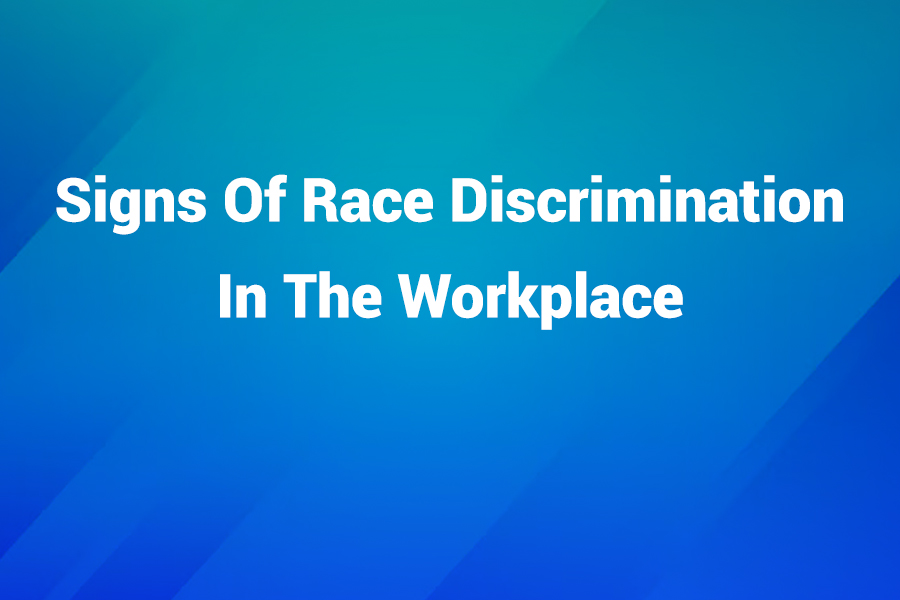Calculate accurate court deadlines based on California rules of procedure
Leave blank if same as filing date
Calculated Court Deadline
Notes
Case Timeline
Calendar View
Understanding Court Deadlines in California
Court deadlines in California are governed by various rules of procedure, including the California Code of Civil Procedure (CCP), California Rules of Court, and local court rules. Missing a court deadline can have serious consequences, including case dismissal, default judgment, or waiver of important rights.
California court deadlines vary based on several factors:
- Court type - Superior Court, Federal Court, Appellate Court, etc.
- Case type - Civil, criminal, family law, probate, etc.
- Filing type - Complaints, responses, motions, discovery, etc.
- Service method - Personal service, mail, electronic, etc.
This calculator helps you determine accurate deadlines based on California's complex timing rules, accounting for court holidays, weekends, and extensions based on service methods.
How Court Deadlines Are Calculated in California
California follows specific rules for calculating court deadlines that differ from many other states. Understanding these rules is essential for proper deadline calculation:
Calendar Days vs. Court Days
California distinguishes between calendar days and court days:
- Calendar days include all days (including weekends and holidays)
- Court days exclude weekends and court holidays
Generally, periods of 10 days or less are counted as court days, while longer periods are counted as calendar days (CCP § 12).
The "First Day" Rule
When calculating deadlines, the day of the triggering event (e.g., service of a document) is not counted. The time period begins on the next day (CCP § 12).
The "Last Day" Rule
If the last day for performing an act falls on a weekend or holiday, the deadline is extended to the next court day (CCP § 12a).
Extensions for Service Methods
California extends response deadlines based on the method of service:
- Mail within California: +5 calendar days (CCP § 1013(a))
- Mail outside California: +10 calendar days
- Overnight delivery: +2 calendar days (CCP § 1013(c))
- Electronic service: +2 court days (CCP § 1010.6(a)(4))
Common Court Deadlines in California
Here are some of the most common court deadlines in California civil litigation:
Note: This is not an exhaustive list. Many deadlines have exceptions or may be modified by court order, stipulation, or local rules. Always verify deadlines with current statutes and rules.
California Court Holidays and Extensions
Court holidays play a crucial role in deadline calculations. If a deadline falls on a holiday, it extends to the next court day. California recognizes the following court holidays:
- New Year's Day (January 1)
- Martin Luther King Jr. Day (3rd Monday in January)
- Lincoln's Birthday (February 12)
- Presidents' Day (3rd Monday in February)
- Cesar Chavez Day (March 31)
- Memorial Day (Last Monday in May)
- Juneteenth (June 19)
- Independence Day (July 4)
- Labor Day (1st Monday in September)
- Indigenous Peoples' Day/Columbus Day (2nd Monday in October)
- Veterans Day (November 11)
- Thanksgiving Day (4th Thursday in November)
- Day after Thanksgiving
- Christmas Day (December 25)
Additionally, if a holiday falls on a Saturday, the court is closed on the preceding Friday. If a holiday falls on a Sunday, the court is closed on the following Monday.
Emergency Court Closures
During emergencies (such as natural disasters or public health crises), courts may close unexpectedly. The Judicial Council of California may issue emergency orders extending deadlines during such periods. Always check the court's website for the most current information about closures and deadline extensions.
Court-Specific Closures
Individual courts may have additional closure days for various reasons, including budget constraints, staff training, or local holidays. These closures are typically posted on the specific court's website.
Tips for Managing Court Deadlines
Managing court deadlines effectively is crucial for successful litigation. Here are some best practices:
1. Calendar Multiple Reminders
Set at least three reminders for each deadline: one far in advance to begin preparation, one a week before, and one the day before. Use both electronic and physical calendars for redundancy.
2. Build in Buffer Time
Always aim to complete filings at least 2-3 days before the actual deadline to account for unexpected delays, technical issues, or emergencies.
3. Verify Calculation Methods
Double-check your deadline calculations, especially when dealing with complex rules involving court days vs. calendar days and service extensions.
4. Check Local Rules
Always review local court rules, which may modify or add to statewide deadlines. Each superior court in California has its own local rules.
5. Document Everything
Keep detailed records of when and how documents were served or filed, including proof of service, filing receipts, and courier tracking information.
6. Use Technology Wisely
Utilize case management software, deadline calculators, and electronic filing systems to streamline your workflow and reduce the risk of missed deadlines.
7. Have a Backup Plan
Know your options if you're at risk of missing a deadline, such as requesting extensions, stipulations with opposing counsel, or ex parte applications for additional time.
Remember: While deadline calculators are helpful tools, they should not replace professional legal judgment. Always consult with an attorney regarding specific deadlines in your case.







